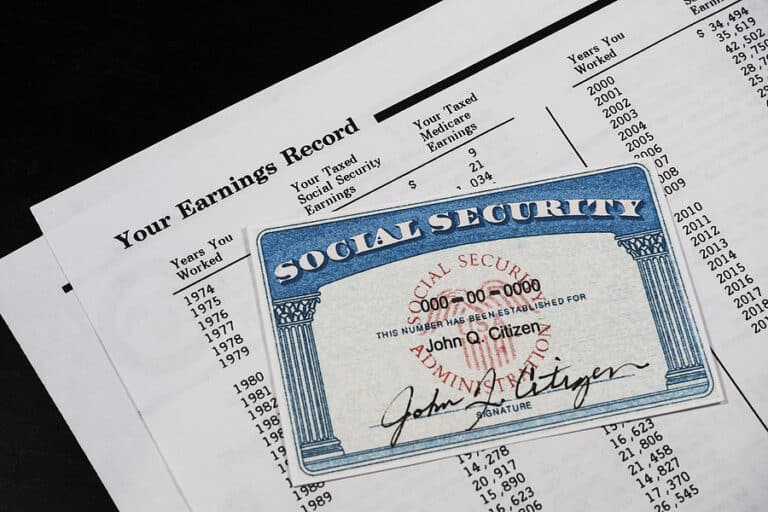If your senior parent tells you that they got scammed the first thing you should know is that it’s very common for seniors to fall victim to scams. Millions of seniors are targeted by scammers every year. And because scammers are constantly updating their technology and tactics even seniors who are very aware of scams can become victims.
Hopefully, your senior parent will tell you immediately if they have been scammed or think they might have participated in a scam. But you should be monitoring their accounts and asking them occasionally about their finances just in case. If your senior parent has in-home care ask the in-home care provider to alert you if they see signs of money missing or see signs that your senior parent may have been scammed.
Regardless of how you find out that your senior parent has been scammed once you know you need to take action immediately. The faster you can deal with the fallout the better the possibility is that you can recover some of your parent’s money. Take a deep breath, then start doing these things:
Don’t Yell At Them
Your senior parent made a mistake. Everyone makes mistakes. Stay calm and focus on fixing the damage. Blaming your senior parent or yelling at them won’t do any good, and it could damage your relationship with your parent.
Assess the Situation
Get as much info as you can and document everything. If your senior parent was scammed by an online scam get screenshots of any exchanges between your parent and the scammer. Log into all of their accounts and screen shot any profiles that have been messaging your senior parent.
Then log into your senior parent’s financial accounts and see how much money is gone. Check all the accounts, especially investment or retirement accounts that your senior parent may not check very often. Get a sense of how bad the damage is.
Call Banks And Credit Card Companies
Call, or sit with your senior parent while they call, all of their credit card companies and banks. Explain what has happened and lock of all the accounts. You may want to open a new account or move money to your account so that your parent has money to pay their bills while the scam gets investigated.
Change Passwords and Security Information
After that’s done change all of your senior parent’s passwords for all accounts, including email and social media. Change all of their bank and credit card company log ins and passwords. Make sure two-factor authentication is turned on for all financial accounts.
Contact Credit Bureaus
Place a fraud alert on your parent’s credit reports with major credit bureaus such as Equifax, Experian, and TransUnion. This alert can help prevent the scammer from opening new lines of credit in your parent’s name. You will probably need to monitor their credit for a few months to make sure no scammers try to open credit in your senior parent’s name.
File A Police Report
There may not be much that the police can do, but most financial institutions will require that your senior parent have a police report to document the theft before they will restore any of the money that was taken. And, filing a police report may be able to prevent someone else from being a victim in the future.
The Role of In-Home Care in Preventing Senior Scams
In this digital age, protecting your senior parent from scams is more important than ever. In-home care providers can be invaluable allies in this fight. With their regular visits, they can help your parent identify tricky emails, keep an eye on unusual financial transactions, and even offer gentle reminders about common cons. In-home care isn’t just about practical assistance; it’s about peace of mind for both your parent and you.
If you or an aging loved one needs in-home care services near Folsom, CA, contact A Better living Home Care today (916) 514-7006
- Helping Seniors Reduce Health Anxiety - April 18, 2025
- Why Should Seniors Consider Adding Soy to Their Diets? - April 7, 2025
- Four Ways to Celebrate Spring With Your Homebound Elderly Loved One - April 2, 2025


